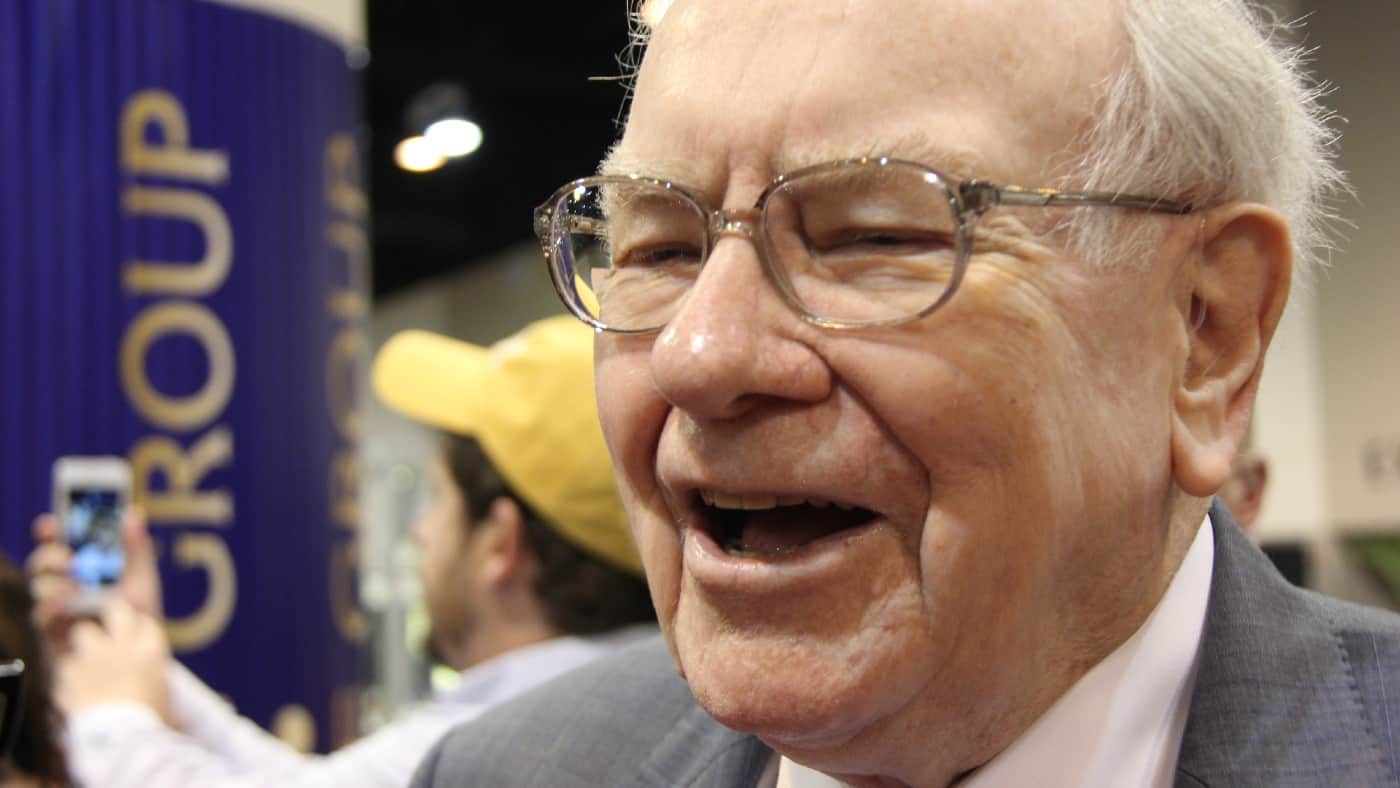When it comes to passive income, few people alive today have performed quite as well as legendary investor Warren Buffett.
Buffett earns hundreds of millions of pounds of passive income annually in the form of dividends from companies in which he invests. Over time, that has added up to billions of dollars.
Such an achievement may have little obvious relevance to the majority of people. But when it comes to earning money without working for it, a few lessons from Buffett’s approach could help me along the way.
Think like a business owner
Rather than seeing shares as just pieces of paper, Buffett thinks of them as a stake in a business.
So when considering whether to invest in companies such as Bank of America or Apple, he looks at the overall business and decides whether he thinks it has attractive commercial prospects. Only if it does – and he finds the valuation attractive – does he invest.
In other words, Buffett never touches a share solely because it currently offers a high dividend yield.
Compound dividends now for the future
Not only does Buffett own a lot of shares, his company Berkshire Hathaway owns stakes in a wide variety of businesses. Berkshire throws off a lot of spare cash each year, yet it does not pay a dividend. Why?
Buffett prefers to reinvest the money in building Berkshire, for example by buying more businesses’ shares.
As a small private investor, I can do the same thing to try and build my passive income streams. Rather than taking out dividends as cash, I can simply reinvest them in more shares.
In the short term, that means I would not see the dividends hitting my bank account as cash. Over the longer term though, it could enable me to build my share portfolio even if I did not put in any more money myself. That could hopefully enable me to earn more passive income in future.
Admit mistakes
Buffett has made some great investing decisions. But he has also made ones that turned to be very expensive mistakes. An example was the Tesco stake he built then sold at a large loss around a decade ago.
Sometimes, when owning a share that has generated substantial passive income in the past, it can be difficult to recognise that the business is changing and is unlikely to be as lucrative in future. But dividends are never guaranteed and past performance is not necessarily an indication of what will come in future.
So, like Buffett, whether buying or already owning shares, I try to take a level-headed view of how I think a business might perform in future.
If I think it has a strong competitive advantage that could help it generate sizeable cash flows to fund future dividends, it might merit a place in my passive income portfolio!







